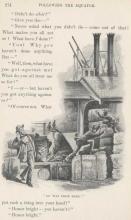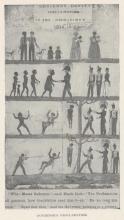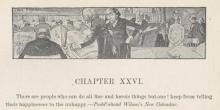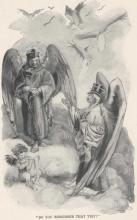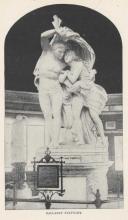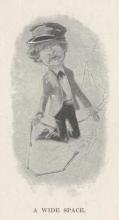Section 3: Across the Prairie
- Read more about Section 3: Across the Prairie
- Log in to post comments
Departing the Great Lakes region, July 22, 1895, Twain's party heads for the Great Plains. First though, into an area of tourist attraction, no small part due to to the fantasy world created by Henry Wadsworth Longfellow and his Song of Hiawatha, Lake Minnetonka and Minnehaha Falls. Twain gave lectures in Minneapolis July 23rd and 24th, rested on the 25th then headed to Winnipeg, Manitoba. Returning from Winnipeg, July 28, they traveled through "that wonderful wheat ocean" and stopped in Crookston, Minnestoa. Twain's name is the first in the register of the Crookston Hotel.
